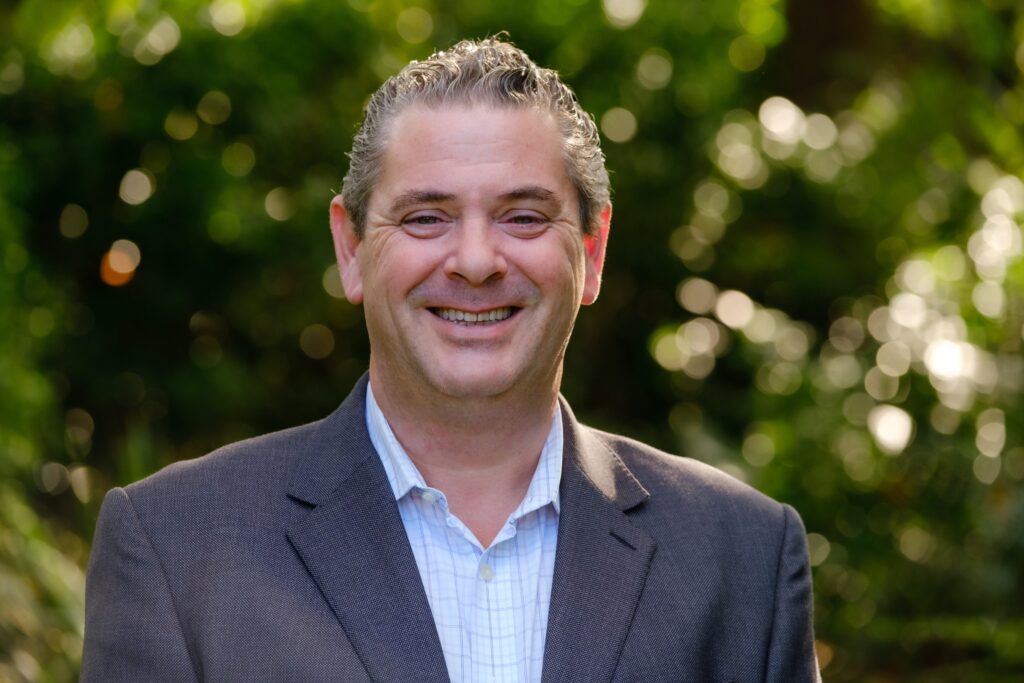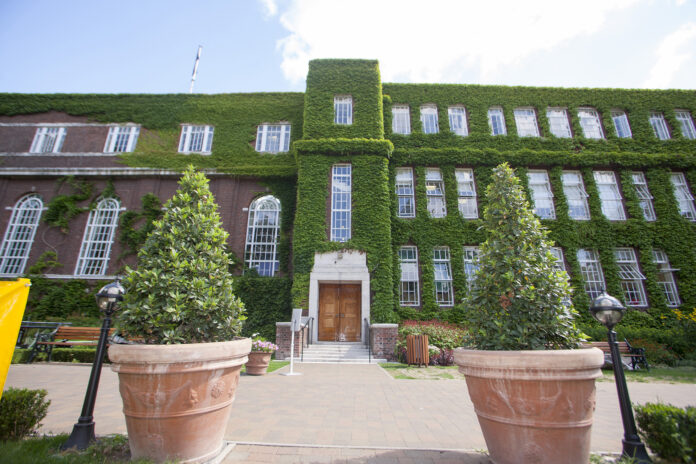From evolving event booker expectations to the importance of the right collaborations for business success, hear the latest MICE trends and predictions for the year ahead from a selection of Custard’s expert clients.
Lead times, creative thinking and wellbeing
“Short lead times and conversions will continue to be a theme for business meetings and events in 2023.
“Collaborative, innovative and creative thinking will become even more essential as it is critical that venues focus on the overall experience they are able to deliver for clients.
“Meanwhile, greener meetings and more sustainable ways of operating will continue to be high on the agenda. As well as planet and profit, this also involves people and ensuring that organisations recognise the importance of implementing robust wellbeing strategies. This will be more important than ever as we seek to attract and retain talent in our wonderful sector and something we will be actively championing in the coming months.”
Kerrin MacPhie, chief executive of the Meetings Industry Association

MICE industry to focus on supporting and developing its workforce
“With all parts of the MICE sector continuing to find recruitment and retention challenging, there will be a big drive from across the industry to improve in both areas. Companies have realised that they must look after the wellbeing of their existing staff and take a greater interest in nurturing future talent to safeguard the future of the industry. In 2023, I think we will see the introduction of more initiatives designed to support talent into, and through, the industry. We will be building on our existing work to help develop future industry talent with the return of initiatives such as Tomorrow’s Talent, which is designed to shine a spotlight on up-and-coming meetings and events planners; The Meetings Show Next Generation and our support of the REACH Events Scholarship programme which was created to increase diversity in the events, MICE and hospitality sectors.”
Jack Marczewski, portfolio event director of The Meetings Show, TEAMS Europe and Business Travel Show Europe

Tackling ‘green hushing’ in events
“As sustainability moves further up the agenda both in the events industry and beyond, there’s a danger of venues and businesses keeping quiet out of fear of scrutiny for their sustainability initiatives. There’s still a massive education process needed for venues to understand the value of investing in sustainable alternatives, or the implications of not. There needs to be greater support for those venues that are newer on their sustainability journey, and the time to educate venue staff on sustainable events factored in to their roles and workloads.
“While the environment is no doubt a significant consideration in many business strategies behind the scenes going forwards, talking transparently about it is going to be one of the most beneficial enablers for change. It’s a fine balance between over promising through ‘green washing’ and under sharing through ‘green hushing’, but ultimately, event bookers are increasingly requiring more thorough information about a venue’s sustainability, so they’ll be required to speak up.”
Rafael Azzopardi, interim head of catering and events at Regent’s Conferences & Events

Booker expectations and prioritising inclusion
“While booking enquiries are buoyant, short lead times are set to continue over the next 12 months, which will see venues needing to be extremely agile and flexible to accommodate business meetings and events. With budgets being squeezed due to the ongoing uncertainty and the cost of living crisis, the emphasis on return on investment will continue to be prevalent, meaning looking for ways to keep events as cost-effective and sustainable as possible. This will put more pressure on venues to really scrutinise the supply chain and choose partnerships very meticulously.
“Elsewhere, the importance of equality, diversity, and inclusion as well as supporting social sustainability will continue to increase. Making sure our venues are accessible and the meeting content is available for all to easily enjoy and consume, should be a standard part of the event planning process.”
Jessica Gallagher, venue and hospitality manager at the Royal Society of Chemistry

Transparency and collaboration
“Transparency will be key next year as it’s essential that we, the business meetings and events sector, demonstrate how we’re putting our numerous sustainable pledges and commitments directly into action.
“Recent studies have shown that sustainability is high on the agenda for 80% of planners, which is exactly what we are witnessing. Therefore, benchmarking the true impact of individual events and providing reports and sound advice to event organisers on how they can reduce their carbon footprint and minimise energy and waste, will be crucial as we race to meet Net Zero.
“It’s about collaborating and working alongside planners, as often it’s simple steps and considerations made during the planning phases that can have the biggest impact.”
Warren Campbell, general manager of 15Hatfields

Venues to capitalise on bleisure growth
“The bleisure trend – combining leisure trips with business – has grown in 2022 as more companies and individuals aim to see a bigger ROI on their time attending events, particularly if they have had far to travel. While this could be a post-pandemic trend to counteract the reduced levels of travel over the past couple of years, I do believe bleisure is here to stay and that we will see more event organisers seek venues in tourist locations where delegates they can extend their stay.
“The QEII Centre has contracted several international events into 2026 and we know many delegates attending these events will extend their stay to enjoy all that London and the UK has to offer. Venues should therefore highlight the wider experiences and value-added opportunities on offer in their regions to event planners and their delegates if they wish to capitalise on this growing trend.”
Mark Taylor, chief executive of The QEII Centre, London













